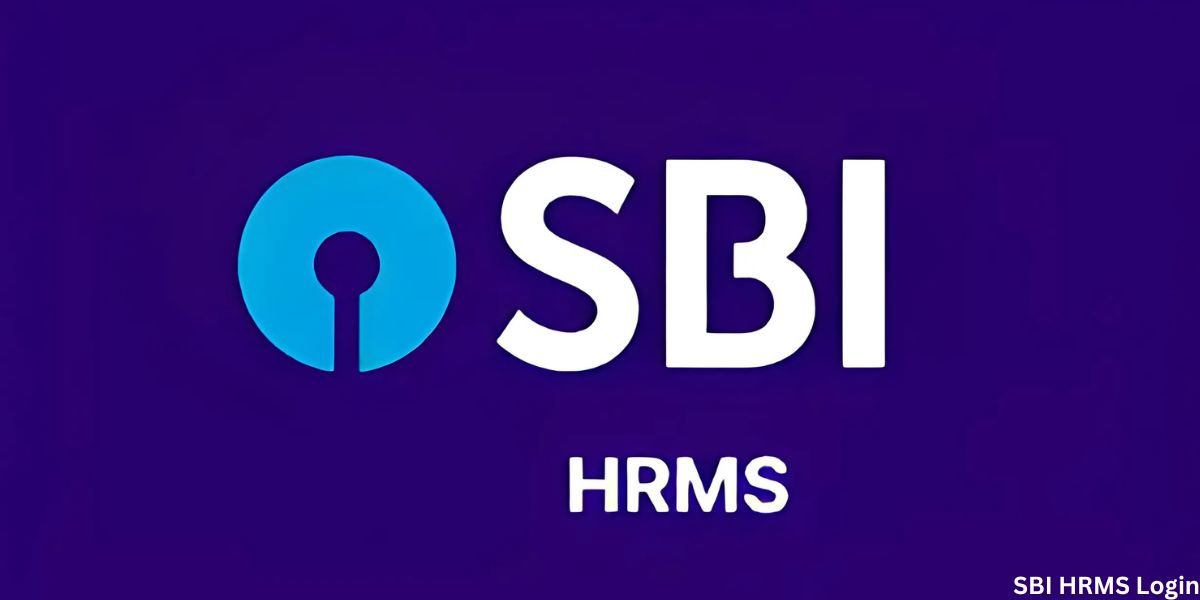What is 127.0.0.1:49342?
The term 127.0.0.1:49342 refers to an IP address combined with a port number. In this case, 127.0.0.1 is the loopback address used for communication within the same machine. The port number, 49342, represents a specific application or service running on your system. When these two elements are combined, they define a unique endpoint for network communication.
Essentially, when a computer uses 127.0.0.1:49342, it’s communicating with itself, sending and receiving information within its local environment. This can be incredibly useful for testing purposes, running development environments, or accessing services securely without reaching out to external networks.
Read Also: Timewarp Taskus: Speeding Up Success And Client Satisfaction
What is the 127.0.0.1 Address Used For?
127.0.0.1 is commonly known as the localhost or loopback address, a fundamental part of the Internet Protocol (IP) standard. It is reserved specifically for a computer to refer to itself, meaning when a program sends data to 127.0.0.1, it’s communicating directly with its own hardware and software environment.
Read Also: Cookape: Boosting Your Instagram Growth with Organic Strategies
This feature is invaluable for:
- Testing Network Configurations: By using the loopback address, developers and network administrators can simulate network communications without requiring internet connectivity.
- Running Local Services: Applications like databases, web servers, or APIs can be hosted locally at 127.0.0.1 to avoid security risks of external access.
- Debugging Network Issues: If network services work on 127.0.0.1 but fail on external IPs, it suggests configuration issues.
This address allows for safe, internal communication, which is why it’s crucial in development and local testing environments.
Read also: Moddroid Mechat : The Ultimate Interactive Storytelling Platform
Who Can Access 127.0.0.1?
Since 127.0.0.1 is a local loopback address, only the machine it resides on can access it. No external devices can connect to 127.0.0.1, and it is invisible to anyone outside of the local system. This isolation provides built-in security.
If you run a web server, database, or other service at 127.0.0.1, only users on that machine (or processes on that machine) can access the service. This makes it perfect for local development without exposure to the wider internet. However, if you need external access, you’ll need to bind your service to an external IP address instead of 127.0.0.1.
What is the IP Address of the Website 127.0.0.1?
In reality, 127.0.0.1 is not the IP address of a traditional website. Instead, it is designated for internal communication within a machine. There is no public website associated with 127.0.0.1, as it cannot be accessed by external devices or across the internet.
When you type 127.0.0.1 into a browser’s address bar, the browser is instructed to send requests to the machine it’s running on, rather than reaching out to a server on the web. For testing purposes, developers may create temporary web environments hosted on 127.0.0.1, but these are only available to the local user.
Types of IP Address
Understanding the difference between types of IP addresses is essential for differentiating the role of 127.0.0.1.
- Public IP Address: These are IP addresses assigned to devices on the global internet. They allow a device to be uniquely identified across the web. Public IP addresses are what you see when accessing websites or connecting to services hosted externally.
- Private IP Address: These addresses are used for communication within a private network. Devices in a home network or corporate LAN often use private IP addresses, which are not routable over the internet.
- Loopback IP Address: This is where 127.0.0.1:49342 comes in. Loopback IP addresses like 127.0.0.1 are used strictly for local communication within the host computer. It allows testing and services to run locally without exposure to external networks.
- Dynamic and Static IP Addresses: While unrelated to 127.0.0.1, it’s worth noting that public and private IPs can be either dynamic (changing over time) or static (fixed and unchanging).
Understanding 127.0.0.1:49342
To break down 127.0.0.1:49342, we have:
- 127.0.0.1: This loopback IP address represents the host machine.
- 49342: This is a port number. Ports are like virtual channels that different services or applications use to send and receive data.
Each port number corresponds to a specific service or application. For instance, port 80 is typically used by web servers to serve HTTP content, while port 443 is used for HTTPS. The number 49342 likely refers to a less common, possibly temporary port assigned to a specific application running locally. Port numbers range from 0 to 65535, with some reserved for specific services.
The combination of 127.0.0.1 and a port like 49342 enables precise, isolated communication within the system. This is crucial for ensuring that multiple services can operate independently on the same machine without interference.
127.0.0.1:49342 Security Implications
Since 127.0.0.1 is strictly used for internal communications, it is naturally protected from external threats. However, this doesn’t mean that security issues can’t arise.
When services run on 127.0.0.1, they are generally inaccessible from outside the machine, making it safe for testing. However, a poorly configured system could inadvertently expose sensitive services or ports to external networks. Developers must ensure that local services using 127.0.0.1 are properly confined and never unintentionally exposed.
- Firewall Configuration: Ensuring that firewalls correctly route traffic is essential. Services that should only run on 127.0.0.1 should not be inadvertently exposed by misconfigured firewall rules.
- Port Security: Ports like 49342 should be monitored to ensure they are not used for malicious activities. While unlikely on 127.0.0.1, issues like malware or rogue software could potentially exploit vulnerabilities if internal security isn’t robust.
What does 127.0.0.1:49342 mean?
It refers to the local loopback IP address combined with a specific port number. This combination enables local applications or services to communicate within the same machine.
Can 127.0.0.1 be accessed from outside?
No. 127.0.0.1 is strictly a local address, meaning only the host machine can access it. No external devices can connect to it.
Why use 127.0.0.1 for local services?
127.0.0.1 ensures that services or applications remain isolated from external networks, providing a secure testing environment.
Is 127.0.0.1 secure?
Yes, by default. Since it is used exclusively for local communication, it is naturally secure. However, care must be taken to ensure services don’t unintentionally expose themselves to external networks.
What is a port number like 49342 used for?
Ports are used to distinguish between different services running on a machine. 49342 is likely a temporary or custom port assigned to a specific application.





